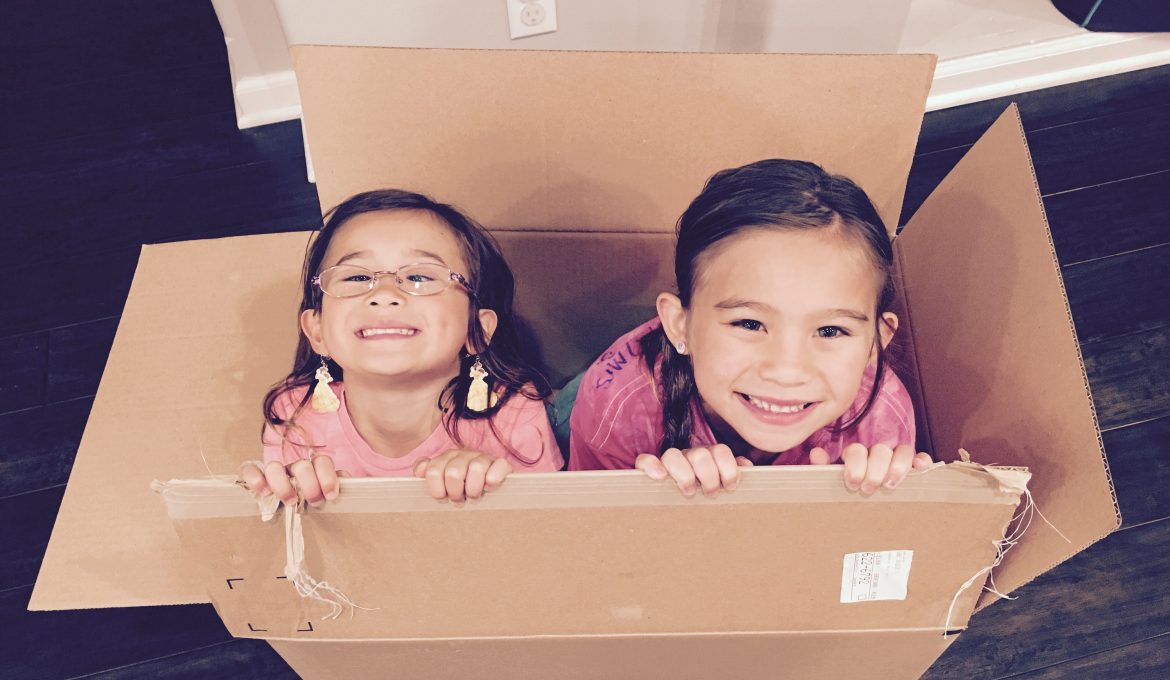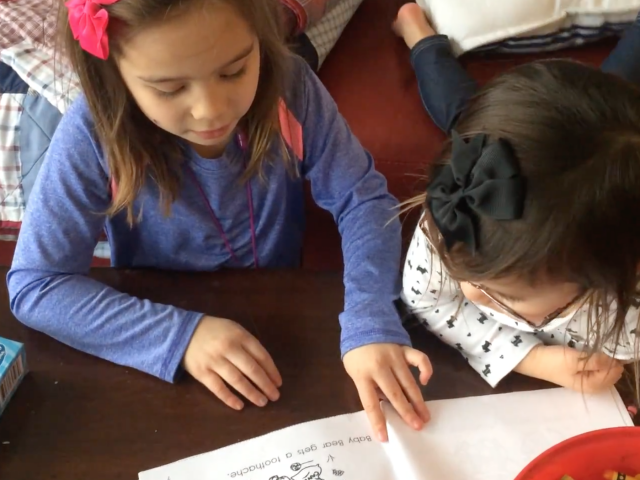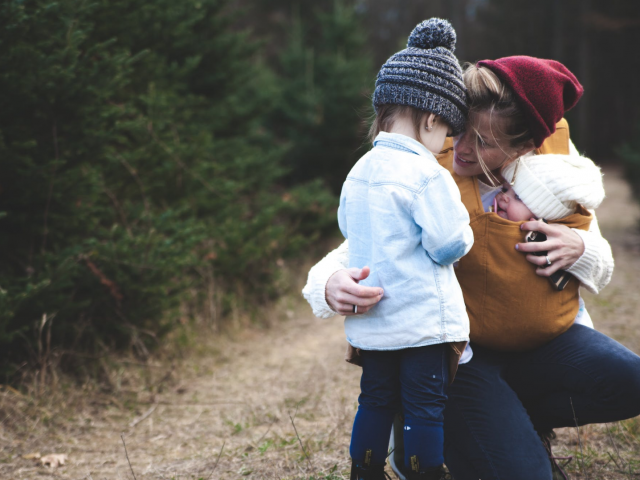Remember in like 4th or 5th grade learning about “stereotypes?” I knew that bad stereotypes were harmful, but I never realized that the positive ones could also be harmful.
Why? They put undue pressure on the person to either not be a certain way or pressure to do things a certain way. In parenting, we can do the exact same thing (even with good intentions) and still unknowingly be potentially doing harm.
Do you remember when your child was in that baby stage? Every little intentional act they would perform would give us insight into them so that we could almost confidently say “Oh wow, she must be our easy going one” or “She’s the shy one” or “He’s must be our stubborn child.” Innocent and harmless enough, but let’s imagine what might happen over the course of raising this child. Let’s use the “shy” example to drive the point home.
- We might not sign them up for activities that might require them not to be shy.
- We might not make them learn to introduce themselves in social situations because “they’re shy”.
- We might try to find another sibling and label them as the “outgoing one” simply to have a counterpart.
- The child might withdraw in social settings.
- The child might see him/herself as someone who is incapable of being assertive.
I know what you’re thinking. Some kids are wired with certain behaviors and traits so why not call it for what it is. You’re absolutely correct! The distinct difference is not to only hold them to that role, but also give them to a chance to live outside that box.
The crazy thing is I didn’t realize how much I was doing this (and why it might not be good in the long run) until I read this chapter. It helped me to know and recognize how easily this was done- here are examples from the book and from my own parenting.
Other Ways We Might Be Putting Children in Roles Unknowingly
- Having Them live Vicariously Through Us– I remember discovering early on that Evelyn was very similar in personality to me, while Annabel was more closely like Tommy. We spent the majority of their life telling them “Ev, you have Mom’s personality and Annabel you have Dad’s personality.” What I’ve since discovered is that I’m putting unnecessary pressure on her to be like me.
- Normal “Encouraging” Statements– “You’re acting like a 2-year-old”. Our hope as parents when we say something like this is to encourage them to act their age in whatever situation. Their reaction is most likely one of feeling insulted and demeaned. Imagine if you were in a fight with your spouse and they responded with “You’re acting like a 16-year-old.” See what I mean?
- Comparative Compliments– If you compliment your child, but simultaneously bring others down that actually works against them too. Imagine if you always told your kid “Some kids aren’t as sweet and thoughtful as you.” This could create a sense in your kid that they’re considerate and others aren’t. This particular concept is covered more in the book “Siblings Without Rivalry“, but when we praise, we should leave out any mention of other people or groups.
So How Do We Break The Habit?
- Look for Opportunities to Show the Child a New Picture of Himself/Herself– So again, if you have a “shy” child you might say, “You went right up and introduced yourself to your new friend, that was really assertive of you!”
- Put Children in Situations Where They Can See Themselves Differently– Let’s say you have a “messy” child. “Let’s work together to clean up this place and set the table for our guest coming over.”
- Let the Child Overhear You Say Something Positive About Them– Let’s use a “stubborn” child in this example. “Dad, today Johnny wanted to wear boots, but he needed gym shoes for school. We compromised and he wore his boots but brought his shoes along to change when it came to gym time.”
- Model the Behavior You’d Like To See– This may be the most important of them all. “Shoot! I’m so disappointed! I wanted to go eat sushi tonight, but I remember we had already made reservations at this other restaurant. I guess sushi will have to wait another week.”
- Be a Storehouse for Your Child’s Special Moments– My kids love hearing stories about themselves when they were younger. “Remember that time you were really nervous about starting camp and then you decided to give it a try. Then you came back and told me how much you loved it and wanted to go again!”
- When the Child Acts According to the Old Label, State Your Feelings or Expectations– Again, let’s go with stubborn child for this example. “Some people see that wearing jeans and t-shirts are a sign of disrespect at a wedding. So as much as you don’t love doing it, I do expect you to dress appropriately.”
*Caveat: There will be instances and situations in which it is absolutely good and OK for you to give them a role. For instance, if you have a strong family identity that follows a set of behaviors you might say “We’re Vaceks and we talk kindly and respectfully to one another.”
Real Life Examples from Our Book Group
When I realized that I kept labeling my daughter as a mini-me, I had to begin the work to undo years of telling her this. What’s interesting is that I used to use the example as a way to encourage good behavior “You’re just like Mommy and I introduce myself to strangers so you should too”, but she would use it to excuse bad behavior “Well, I lied because I’m just like you and you probably lied as a kid.” (true story)
Now when I speak to her and she tries to a pull an “I’m just like you” card, I simply tell her “We’re similar in a lot of ways, but you have things that are unique to you and I have things that are unique to me.”





